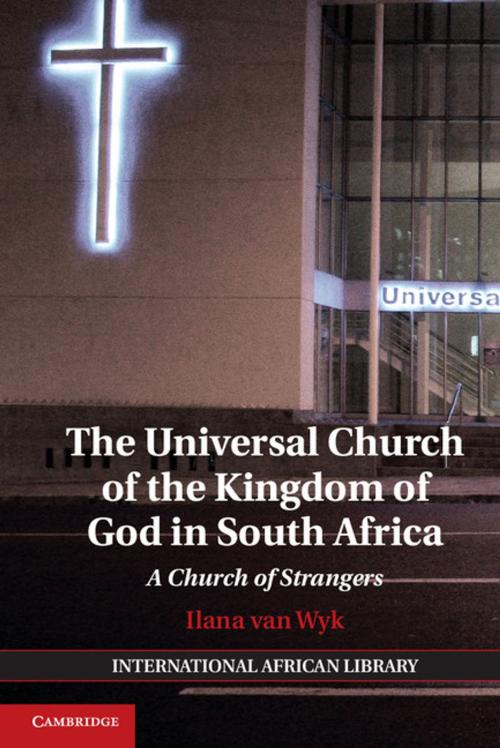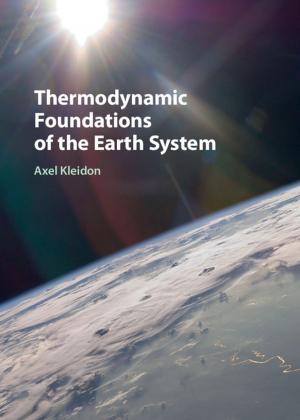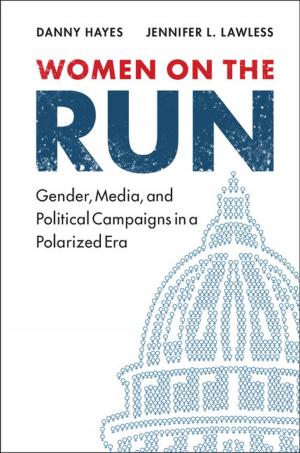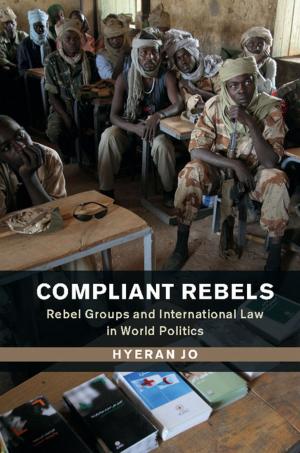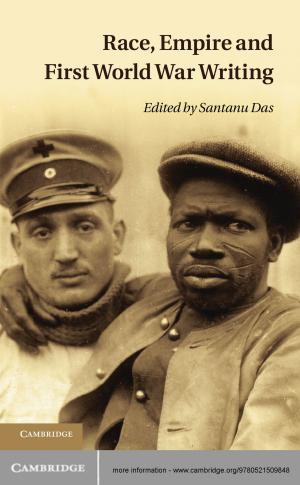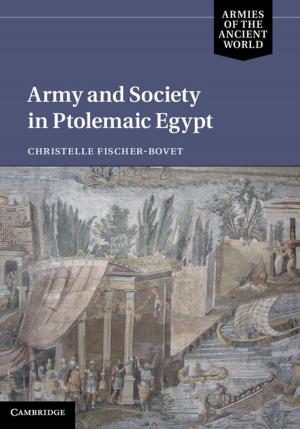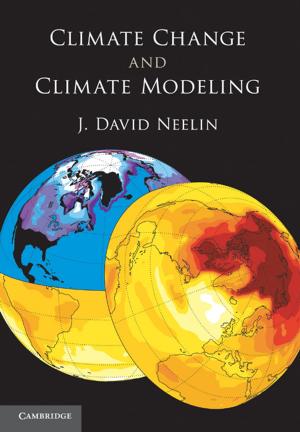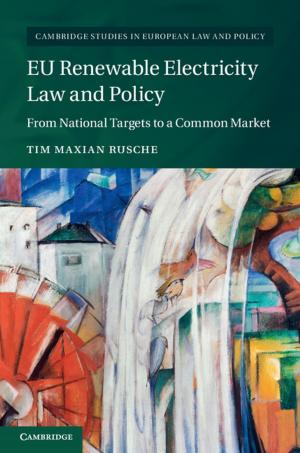The Universal Church of the Kingdom of God in South Africa
A Church of Strangers
Nonfiction, History, Africa, Social & Cultural Studies, Social Science, Anthropology| Author: | Ilana van Wyk | ISBN: | 9781139905480 |
| Publisher: | Cambridge University Press | Publication: | May 12, 2014 |
| Imprint: | Cambridge University Press | Language: | English |
| Author: | Ilana van Wyk |
| ISBN: | 9781139905480 |
| Publisher: | Cambridge University Press |
| Publication: | May 12, 2014 |
| Imprint: | Cambridge University Press |
| Language: | English |
The Universal Church of the Kingdom of God (UCKG), a church of Brazilian origin, has been enormously successful in establishing branches and attracting followers in post-apartheid South Africa. Unlike other Pentecostal Charismatic Churches (PCC), the UCKG insists that relationships with God be devoid of 'emotions', that socialisation between members be kept to a minimum and that charity and fellowship are 'useless' in materialising God's blessings. Instead, the UCKG urges members to sacrifice large sums of money to God for delivering wealth, health, social harmony and happiness. While outsiders condemn these rituals as empty or manipulative, this book shows that they are locally meaningful, demand sincerity to work, have limits and are informed by local ideas about human bodies, agency and ontological balance. As an ethnography of people rather than of institutions, this book offers fresh insights into the mass PCC movement that has swept across Africa since the early 1990s.
The Universal Church of the Kingdom of God (UCKG), a church of Brazilian origin, has been enormously successful in establishing branches and attracting followers in post-apartheid South Africa. Unlike other Pentecostal Charismatic Churches (PCC), the UCKG insists that relationships with God be devoid of 'emotions', that socialisation between members be kept to a minimum and that charity and fellowship are 'useless' in materialising God's blessings. Instead, the UCKG urges members to sacrifice large sums of money to God for delivering wealth, health, social harmony and happiness. While outsiders condemn these rituals as empty or manipulative, this book shows that they are locally meaningful, demand sincerity to work, have limits and are informed by local ideas about human bodies, agency and ontological balance. As an ethnography of people rather than of institutions, this book offers fresh insights into the mass PCC movement that has swept across Africa since the early 1990s.
